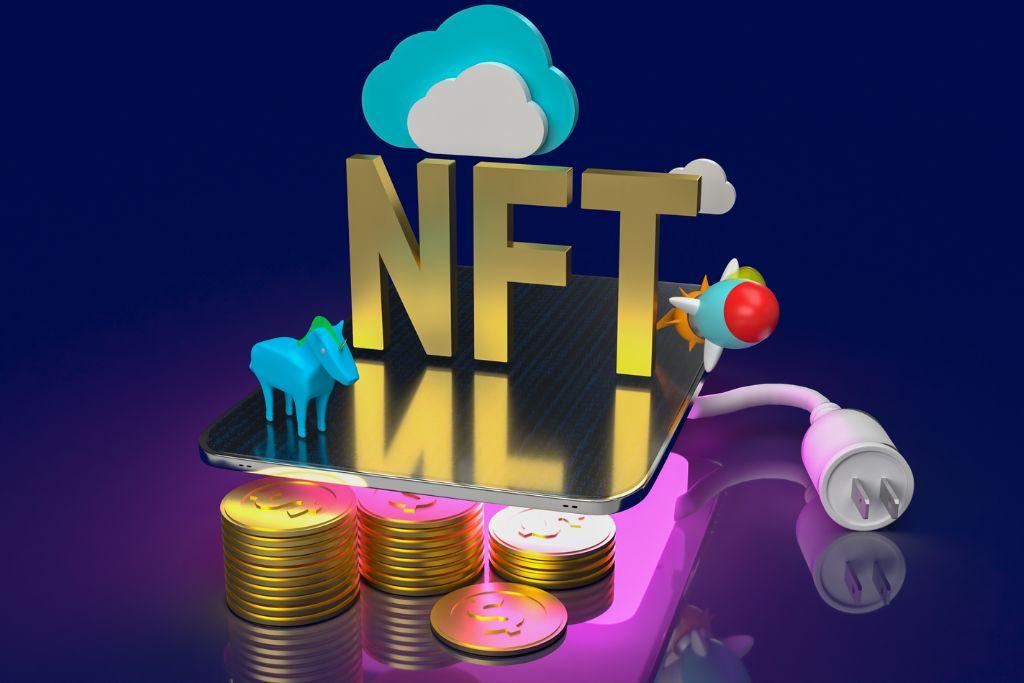Reviews
User Score
Rate This
Descriptions:
If you are looking for the future of entertainment, it is important to understand some trends and innovations that are likely to change the face of media and entertainment. These include streaming, virtual reality, artificial intelligence, and more.
Streaming is becoming the most common way people watch movies and other forms of entertainment. As such, it is essential for brands to focus on this type of content.
Streaming
Streaming services are growing in popularity for several reasons. For one, they deliver content faster than downloading it, allowing you to watch shows and movies when you want without being forced to follow a schedule.
Moreover, many streaming services have put a lot of money into hiring the best and brightest to create original TV shows, movies, and documentaries that are appealing to their audiences.

Streaming also doesn’t require any storage space on your device because the content is delivered to you as it is being played, reducing data consumption by a significant amount. However, there are some limitations to streaming that you should be aware of.
Virtual Reality
Virtual reality is a technology that creates computer-generated environments that replicate the real world. It uses a head-mounted display to place you in a simulated world and allows you to interact with virtual objects.
Typically, VR headsets have a stereoscopic 3D display that splits between your eyes and combines with input tracking to give you an immersive simulation experience.

The technology has been widely adapted for gaming and entertainment but is now gaining widespread popularity in business applications. Aerospace, research and training environments, and data visualization are some of the key industries using VR.
The industry is ripe for growth and has many potential applications. However, it is still difficult to bring the cost of VR devices down.
Artificial Intelligence
Artificial intelligence is a term for systems that can learn and discover by collecting data and processing it. It’s capable of a wide range of applications, including automation, machine learning, and predictive modeling.
The media and entertainment industry is leveraging AI to accelerate workflow automation, personalization, and marketing. It has also helped companies combat fake news and content that isn’t appropriate for their audience.

The most common use of AI in the entertainment industry is to make recommendations based on viewing habits. This has helped many e-commerce players boost their bottom lines.
Web3
Web3 is a stack of technologies, including cryptocurrencies, nonfungible tokens (NFTs), decentralized autonomous organizations (DAOs), and decentralized finance (DeFi), that creates new business models and social experiences. The technologies shift power and money from centralized Internet “gatekeepers” like big tech companies and governments, making users owners of their data and algorithms.

However, the nascent ecosystem is a Wild West and regulatory oversight is lacking in many areas. This is why security and user experience remain a concern.
NFTs
NFTs can offer creators a new way to engage their audiences and create a more personalized experience. They’re also a great way for fans to support their favorite characters, properties, and stories.
Money is an important factor in entertainment, as producers often have to raise funds beyond their budgets to bring their projects to life. NFTs could open up a new form of fundraising that would help creatives overcome these constraints.

The emergence of NFTs in the entertainment industry is showing that the sector is ready to embrace these innovative technologies. Several Hollywood companies are moving quickly to integrate them into their production and distribution processes.
Metaverse
Metaverses are digital worlds that allow users to create, share and monetize their creations. Companies like Roblox and Sandbox are creating immersive spaces where people can engage with each other, build virtual worlds and share their experiences with others.
The metaverse offers a wealth of potential for entertainment, particularly with younger consumers who are likely to drive growth. Various brands have begun setting up their own virtual stores within different Metaverse platforms to connect with their customers there.

Many metaverses are also hosting music concerts that involve multiple artists performing together in a virtual space. This will increase the popularity of virtual entertainment and help in the growth of the metaverse industry.






